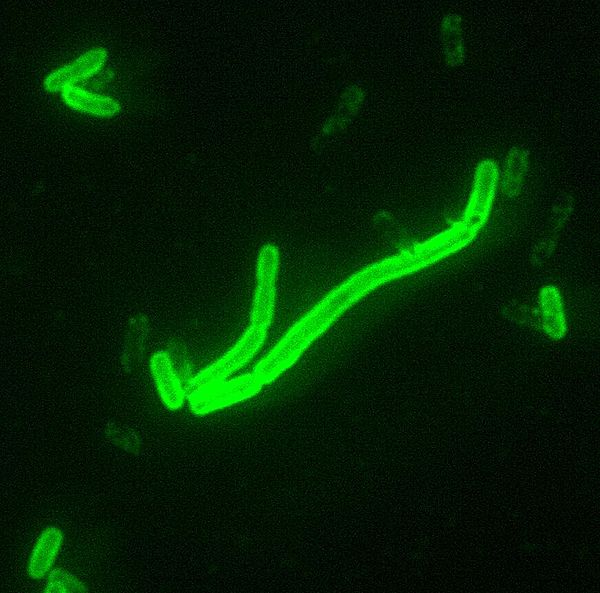The Black Death, which claimed nearly 50 million lives in the 14th century has returned — this time to a country southeast of Africa: Madagascar.
According to World Health Organization, the first outbreak of the plague in Madagascar that can be confirmed was on Aug. 1. To date, over two thousand individuals have been struck with this deadly disease, and as of this week it has killed 195, with numbers continuing to increase daily.
Dr. Jill Kirby, assistant professor of biology, mentioned that one of the things she teaches in her biology class is that the plague still exists today, but now we know a lot more about it and are able to treat it more effectively.
“I think the fact that there is such a large outbreak right now is a little bit shocking,” Kirby said. “But when I consider the countries where the outbreak is happening, I am not shocked because of their lack of resources.”
Madagascar is 9,390 miles from Nashville, yet it is still managing to impact Lipscomb and several members of the faculty. Dr. Jim Thomas, professor of communication, has strong ties to the country.
The relationship with Lipscomb and Madagascar started in 2007 when the ambassador and president of Madagascar, Marc Ravalomanana, came to tour Lipscomb and speak with President Randy Lowry and Dr. Thomas.
“The president [of Madagascar] said, ‘I am looking for a school to educate my students from Madagascar to come back and work for the government in Madagascar,” Thomas said. “I want them at a Christian school, and I will pay their tuition for them to come.'”
After the agreement was made, Dr. Thomas and biology Professor Kent Gallaher flew out to Madagascar in order to interview, review and choose 26 students that would have the opportunity to spend the next four years at Lipscomb.
Dr. Thomas said all 26 of the students who came graduated in four years in areas such as biology, chemistry, computer science and computer engineering. 17 of the students graduated with honors and one of the students graduated as the valedictorian of the class.
Dr. Eddy Borera, an assistant professor of computing and technology, has strong ties to Madagascar also, as he is a Madagascar native.
“All of my family is still back home,” Borera said. “They live in the capital which was one of the big cities that was hit by the plague. I think it is really embarrassing for the whole country. Being dirty is what brought the whole thing, because of all the rats.
“The government didn’t really send notice of what individuals were supposed to do if they had the disease or the symptoms,” Borera added.
Typically, from late fall to late spring there are an average of 400 cases of the plague that occur each year. While there is no definite answer as to why the plague continues to spread faster each year, doctors and scientists do have theories.
Nearly 670 years ago, twelve Genoese trading ships docked in Messina, Italy, after an exhausting journey through the Black Sea. These ships bore what would soon be known to the world as the Black Death.
Kirby added that she believes the increase in ways of travel has impacted the spread rates of several diseases such as the plague and ebola. She also noted that there are a lot of trade routes between Madagascar and other countries on the boarders of the southeastern side of Africa, which was the big reason why the 14th century plague spread so quickly.
In an interview with the Daily Express, Dr. Tim Jagatic, a doctor from Doctors Without Borders agreed with Dr. Kirby.
“[Patient zero] entered the capital city and then fell sick on a bus that was traveling to Toamasina, and a medical student tried to help him,” Jagatic said.
Another reason why the plague is easily contracted is due to the way it spreads. Each of the three types of the plague: pneumonic, bubonic and septicemic are each spread differently.
Flea bites or contact with contaminated fluid or tissue is typically the most common transmission source of both bubonic and septicemic plague. Whenever a person has one of the two above types and allows it to develop further without treatment, pneumonic plague will typically ensue. Pneumonic plague is the most contagious as it can be transferred via cough droplets in the air.
At this time and with the information that is available, the World Health Organization believes that the risk of international spread appears extremely low. Those traveling to Madagascar in the near future are advised to protect themselves against flea bites, avoid contact with dead tissues and monitor flu-like symptoms that he or she may experience.
“I think it is a learning experience, from the president and government to the locals; most of this stuff would have been prevented if people did what they were supposed to do,” Borera said. “It was a really bad thing, but I think it will be a learning experience.”

